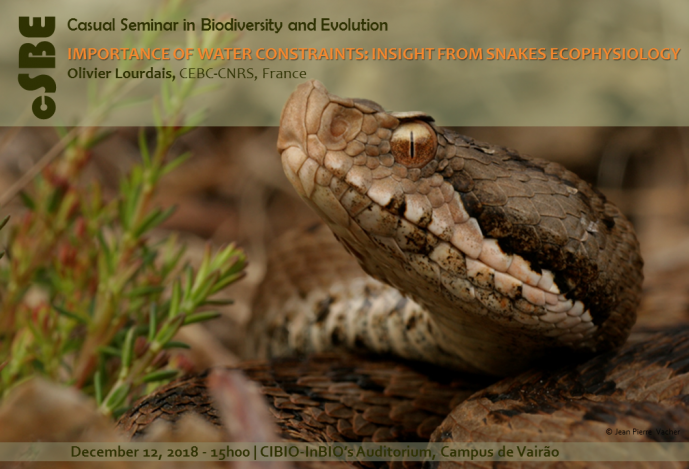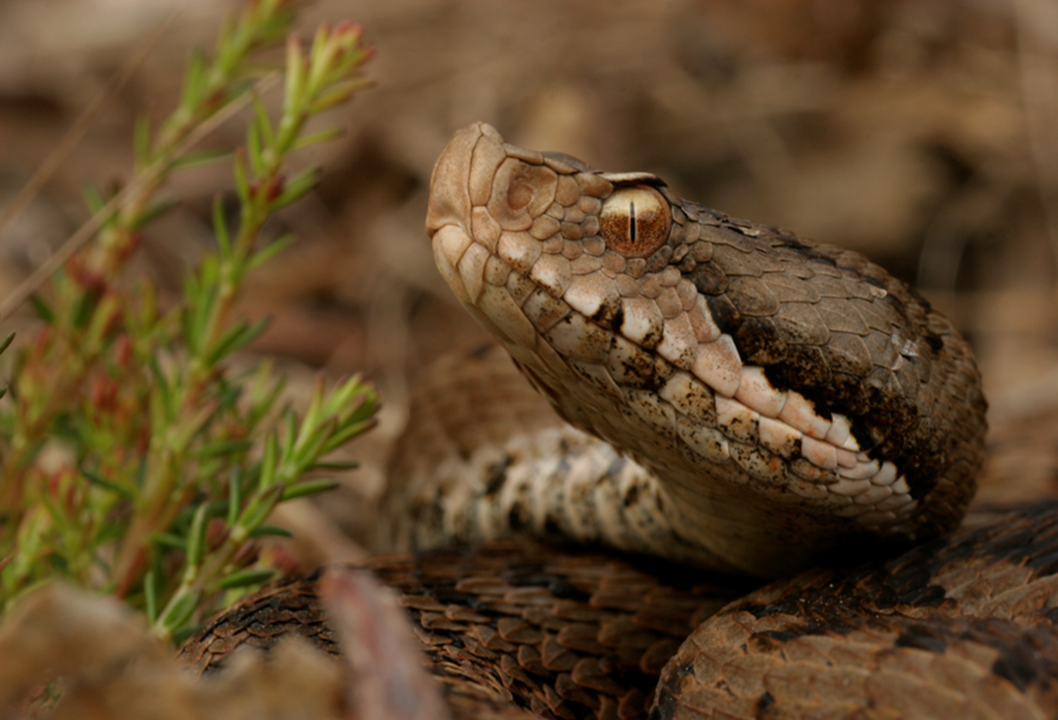IMPORTANCE OF WATER CONSTRAINTS: INSIGHT FROM SNAKES ECOPHYSIOLOGY


Terrestrial ectotherms are dependent on ambient thermal conditions that influence their physiology, activity and fitness. Because of limited dispersal capacities, they are particularly exposed to global changes. Clarifying climatic adaptations and the influence of environmental conditions is required to better predict possible responses to environmental changes. While temperature and energy have attracted considerable attention, water is also a crucial resource that must be considered. For example, water balance can conflict with thermal needs and reproductive requirements. Considering hydric constraints is therefore important when addressing behavioural responses and trade-offs at the individual levels. Water constraints can also provide a significant insight when studying reproductive strategies (resource allocation, parental-offspring conflicts). Finally, incorporating water requirements may be essential to understand the determinants of distributions. My talk will address these questions in snakes in different contexts.
Amphibians and reptiles have developed a diversity of strategies to cope with environmental constraints and offer a unique opportunity to explore major questions in ecology, evolution as well as conservation biology. Olivier Lourdais’ work combines field and laboratory studies using an ecophysiological approach. He addresses questions related to climatic adaptations, reproductive strategies and conservation.
[Host: Fernando Martínez-Freiría, Phenotypic Evolution]
Image credits: Jean Pierre Vacher
Click here to see the video of this seminar.
Available until January 28, 2018.